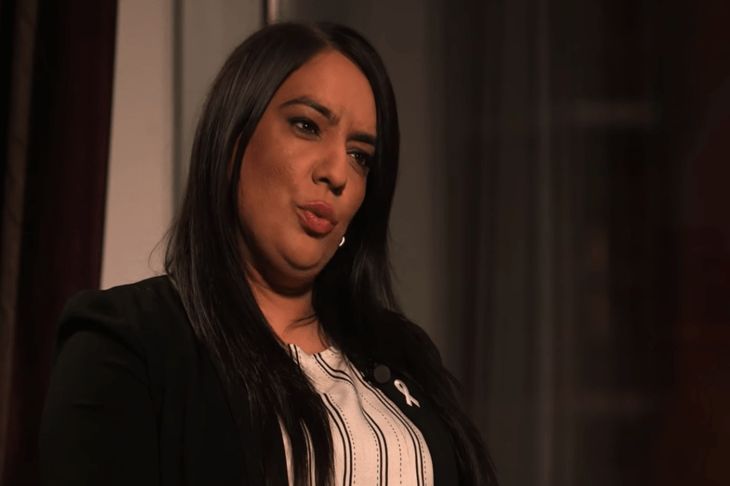There are a couple of things I just don’t get. Maybe someone of liberal mind can explain them. Didn’t equalities minister Penny Mordaunt back in July throw her weight behind Theresa May’s promise to make it much easier to reassign your own gender? Of the current process (which requires you, for example, to provide medical evidence before being allowed to redefine yourself as a woman) she said: ‘It is overly bureaucratic and it’s highly medicalised with people making decisions about you who have never met you.’ In other words, it’s your life and your decision as to which gender you wish to identify with – the state should keep its nose out and leave you alone.
This week, Mordaunt seems to have had a slight change of heart, announcing that she is launching an inquiry as to why so many teenage girls are suddenly deciding to seek help in becoming boys. While she hasn’t quite said that she wants to thwart their wishes, there is a clear implication in this inquiry that the rise in girls wanting to be boys is some kind of problem which needs officially to be addressed. To put it another way, if you are a girl who has decided she would rather be a boy, your decision is about to be medicalised and referred to researchers who have never met you.
The figures are, indeed, remarkable. Of the 2,519 under 18s who sought help from the Tavistock and Portman Trust’s ‘gender identity development service’ last year, 72 per cent were girls who had decided they would like to be boys. Yet until recently, the numbers were equally imbalanced in the other direction, with far more boys wanting to be girls – and no one seemed to think this was a problem in the least. When the Gender Identity Research and Education Society tried to estimate the UK’s transgender population in 2009 it came up with a figure that 80 per cent of people seeking treatment for gender issues were men who wanted to be women. Far from being considered a worrying imbalance, huge efforts were made by government over the ensuing years to help people who wanted to switch gender.
There is something equally puzzling going on with abortion. How many times have we heard feminists and other enlightened folk telling us that it is none of our, nor the state’s business, what a pregnant woman does with her body? It is her decision and that is that. The rest of us can keep our noses out. Indeed, in the days after Ireland’s abortion referendum, 135 MPs and peers recently signed a motion demanding that the government introduce ‘abortion equality’ to Northern Ireland, too. One of those who signed it was Naz Shah, Labour’s shadow women and equalities minister.
Yet it seems that she, too, has had a bit of a change of heart. Suddenly, the choice of whether to continue with a pregnancy cannot be left entirely to the mother after all. The problem is that Shah, and the nation’s other enlightened liberals, have realised that some mothers – in the Asian community especially – are basing their decision as to whether to have an abortion on the sex of the unborn child. In short, they are more likely to abort a girl than they are a boy. Shah has decided that this must not be allowed to happen. Indeed, she has described abortion by sex-selection (what some campaigners refer to as ‘foeticide’) as morally wrong – not a term you tend to hear a lot from pro-abortionists. Shah called on the government ‘to look into this exploitative practice and enforce appropriate restrictions’. She adds that Labour will seek to ban gender identity being revealed through non-invasive prenatal tests. Not so much pro-choice after all.
How to explain these paradoxes? The ‘liberal’ position on transgender issues and abortion is only liberal so long as it does not interfere with the strictures of feminism. If laissez-faire attitudes on these issues threatens to lead to fewer girls being born, or to more girls choosing to be men – to work in favour of creating a more male world – then attitudes change extremely fast.







Comments